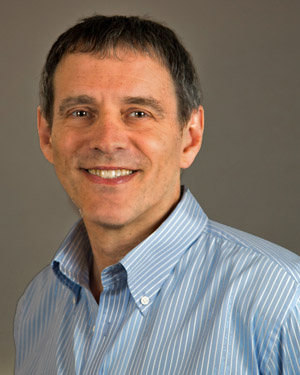
Steven Weiner, Computer Specialist and Aesthetic Realism associate, writes:
How can we feel truly alive: feel that the things we meet, that our days and hours, have luminous meaning for us? Is there something in us that interferes with our feeling this—an interference we need to understand? For the much needed answers to these questions and others, read “Brightness, Dimness, & People’s Hopes,” the new issue of The Right of Aesthetic Realism to Be Known.
The commentary by Ellen Reiss begins:
Dear Unknown Friends:
With this issue we are beginning to serialize a lecture that Eli Siegel gave quite early in the history of Aesthetic Realism. It is Poetry and Brightness, of 1949, and I find it amazing and beautiful.
Though the idea of brightness may not seem an urgent matter, it is. And here is a large reason why: While there are brightness and non-brightness in things, there is also the possibility of brightness or non-brightness in how we see, think, meet what’s not ourselves—with brightness here meaning vibrancy, vividness, awareness, active attention. The opponents of brightness in how a person sees are dullness, unfeelingness, dimness, non-awareness; and from these comes cruelty. A person dull to the feelings of others—someone to whom the lives, emotions, value of others are dim, someone who has made oneself in the dark about the hopes and fears and meaning of others—is unkind, and can be brutal. There is a lot of this brutality, including in governments.
In his book James and the Children, Eli Siegel writes about what ensues from the dimming of what other people are:
As soon as you have contempt, as soon as you don’t want to see another person as having the fulness that you have, you can rob that person, hurt that person, kill that person. These three things come out of the insufficient awareness of another person or another thing. [P. 55]
“Insufficient awareness” is an antithesis of mental brightness and ethical brightness. So, as I’ll describe later, is contempt itself.
Dullness, Radiance, & Humanity
In his lecture, Mr. Siegel shows that the idea of brightness is central to the things people of all times and places have seen as largest, most beautiful. These include religion, art, and love.
Meanwhile, it happens that one of the most widespread sadnesses in people is the feeling that one’s life is dull, flat. Men and women everywhere have felt that while occasionally they find something exciting, there is not an enlivening quality to their days. In other words, there is a tremendous and quite steady absence of brightness. And that is felt even by people who can put on quite a dazzling show.
Toward the end of the present section of his talk, Mr. Siegel comments swiftly and powerfully on what this feeling of dullness comes from. And elsewhere in his teaching of Aesthetic Realism he has described its cause with much fullness and subtlety. So I’ll comment a little further on the matter…. Read more